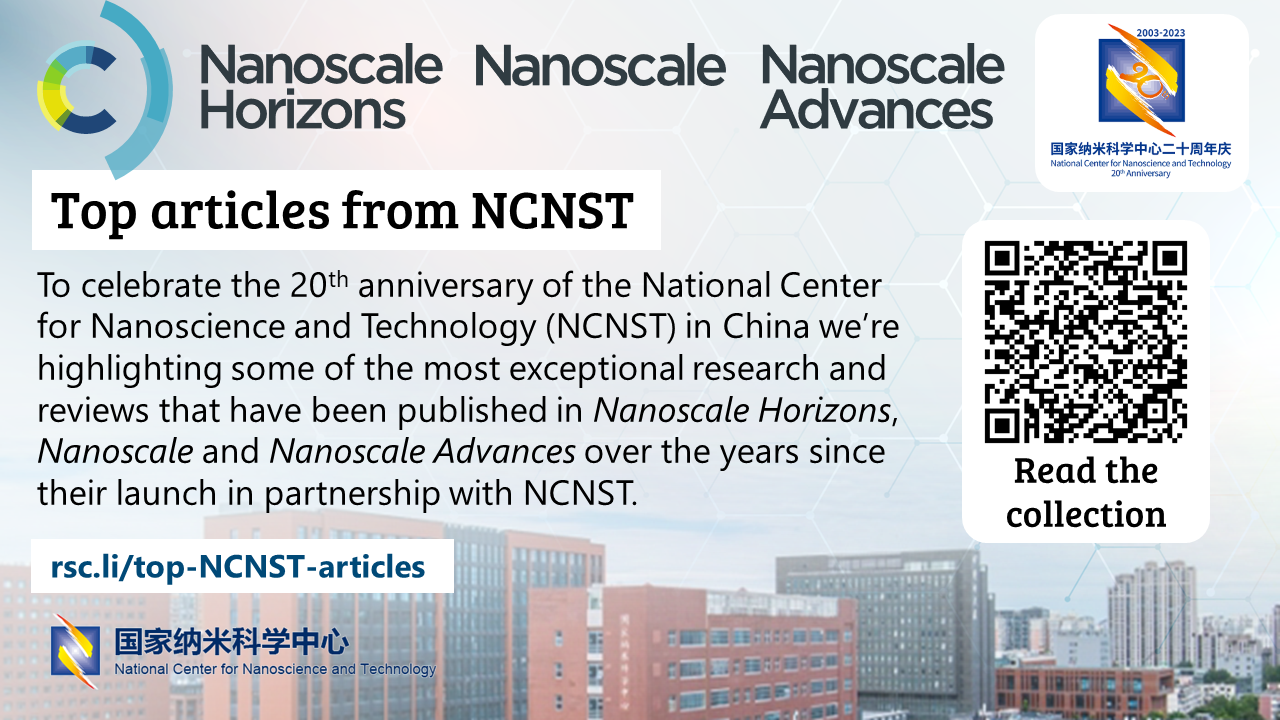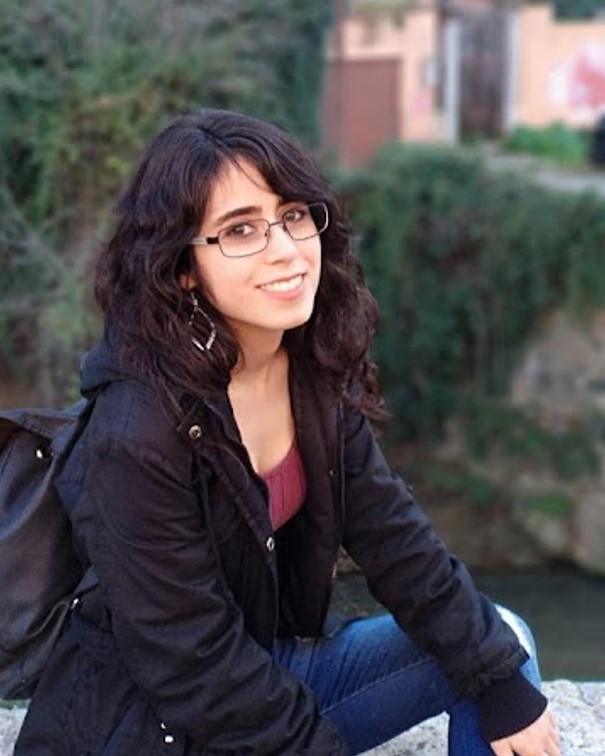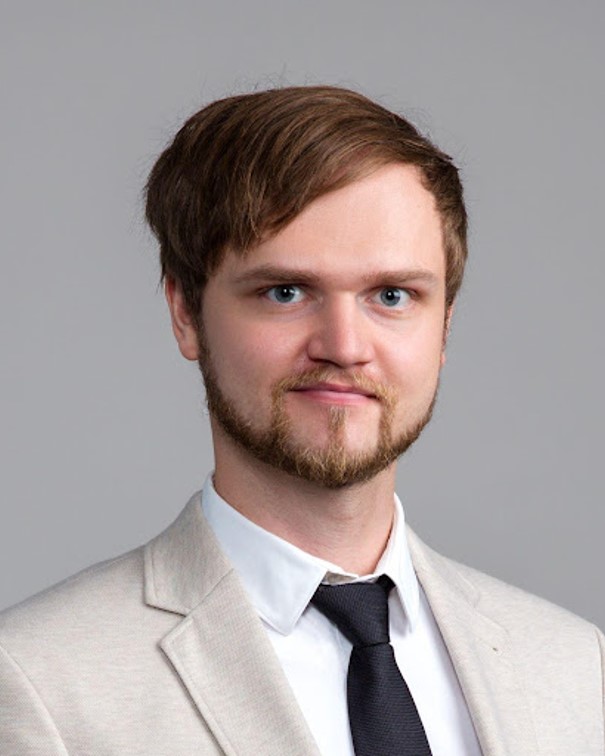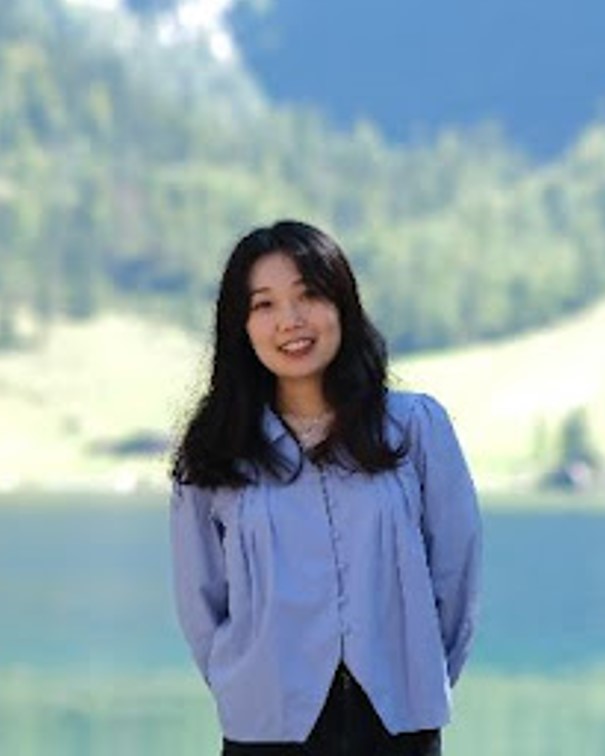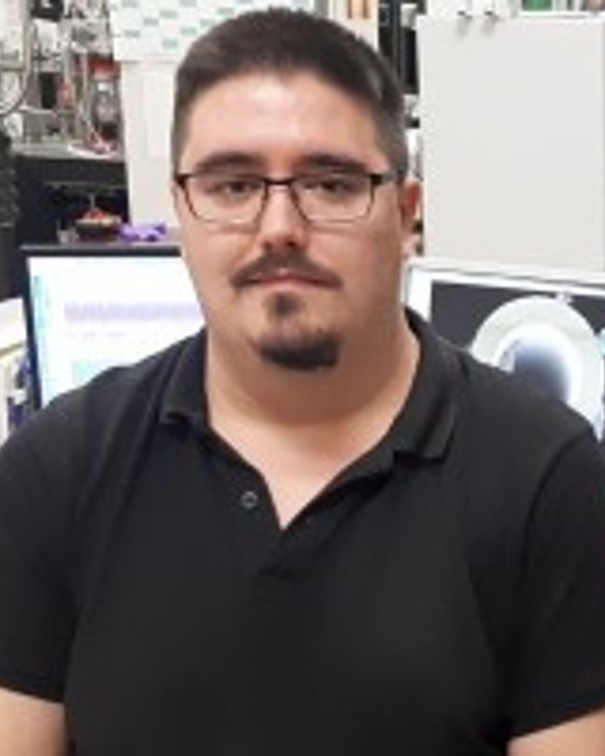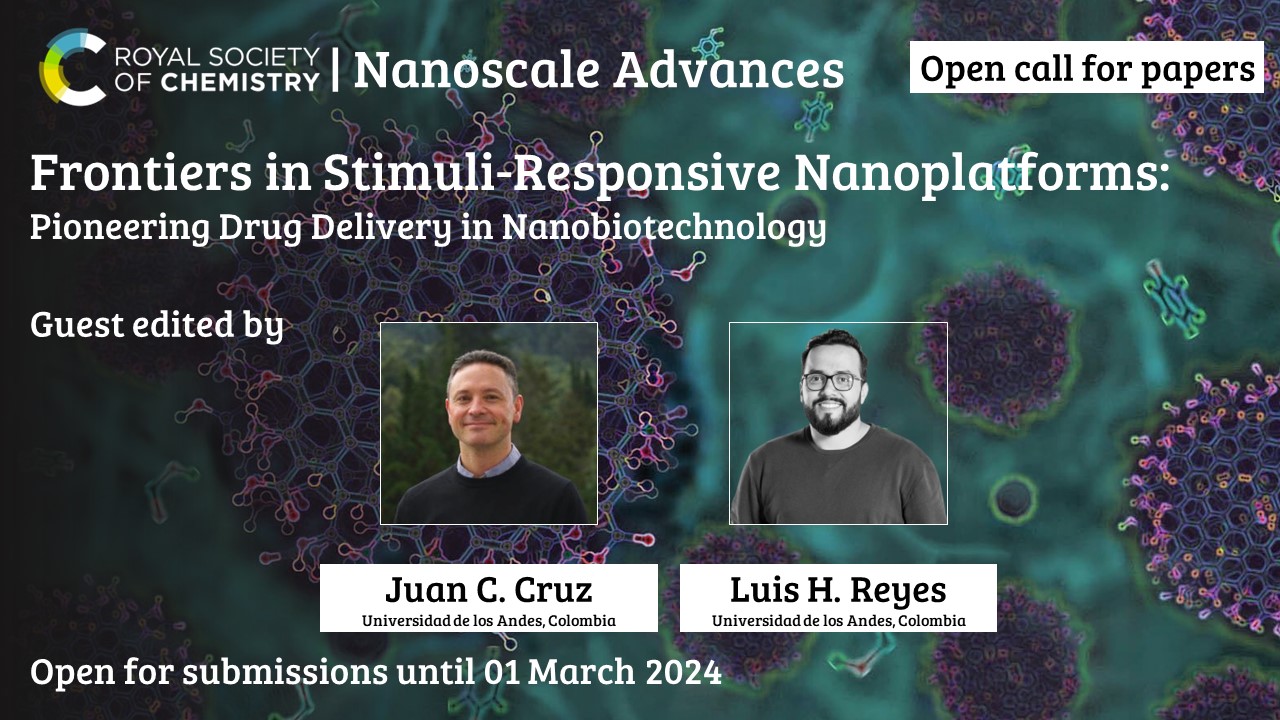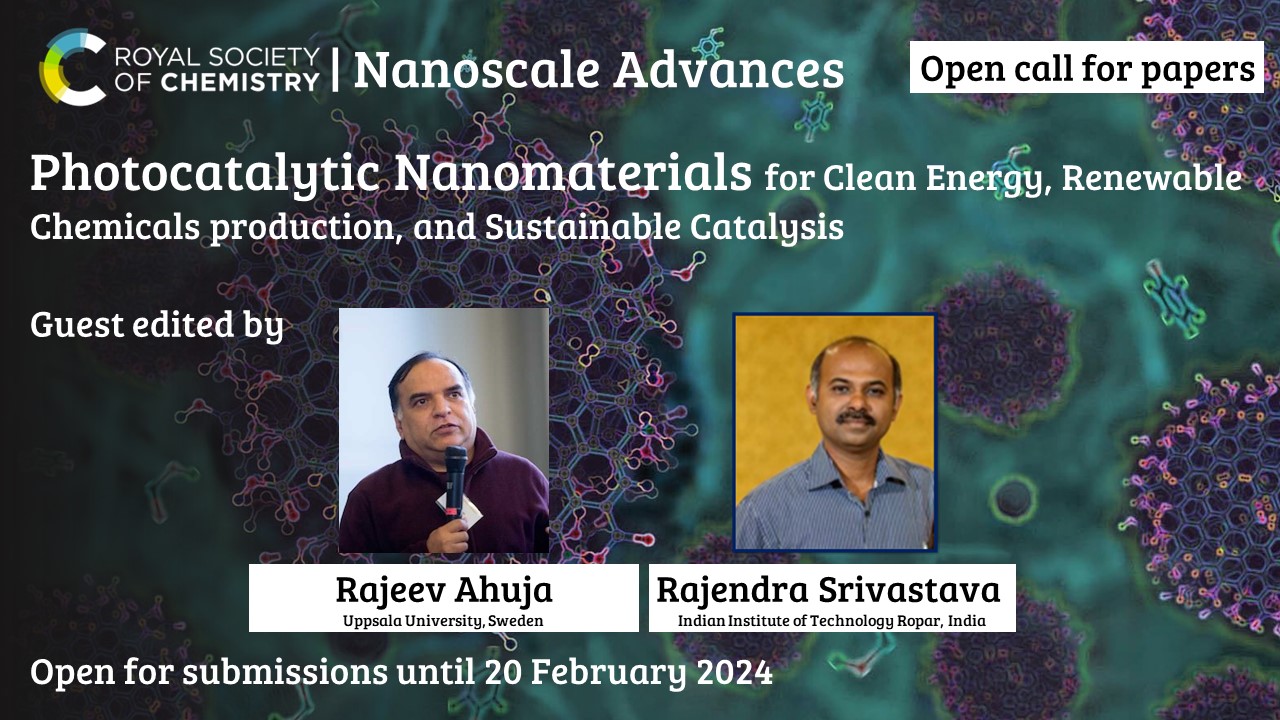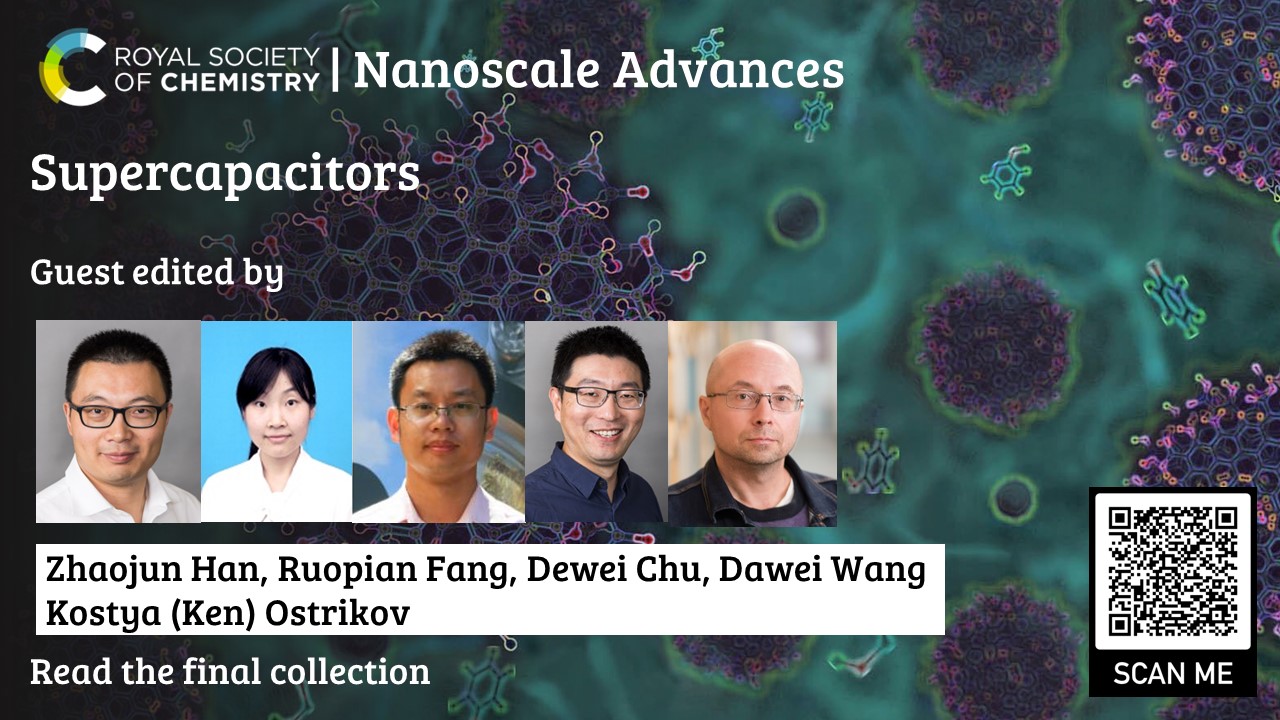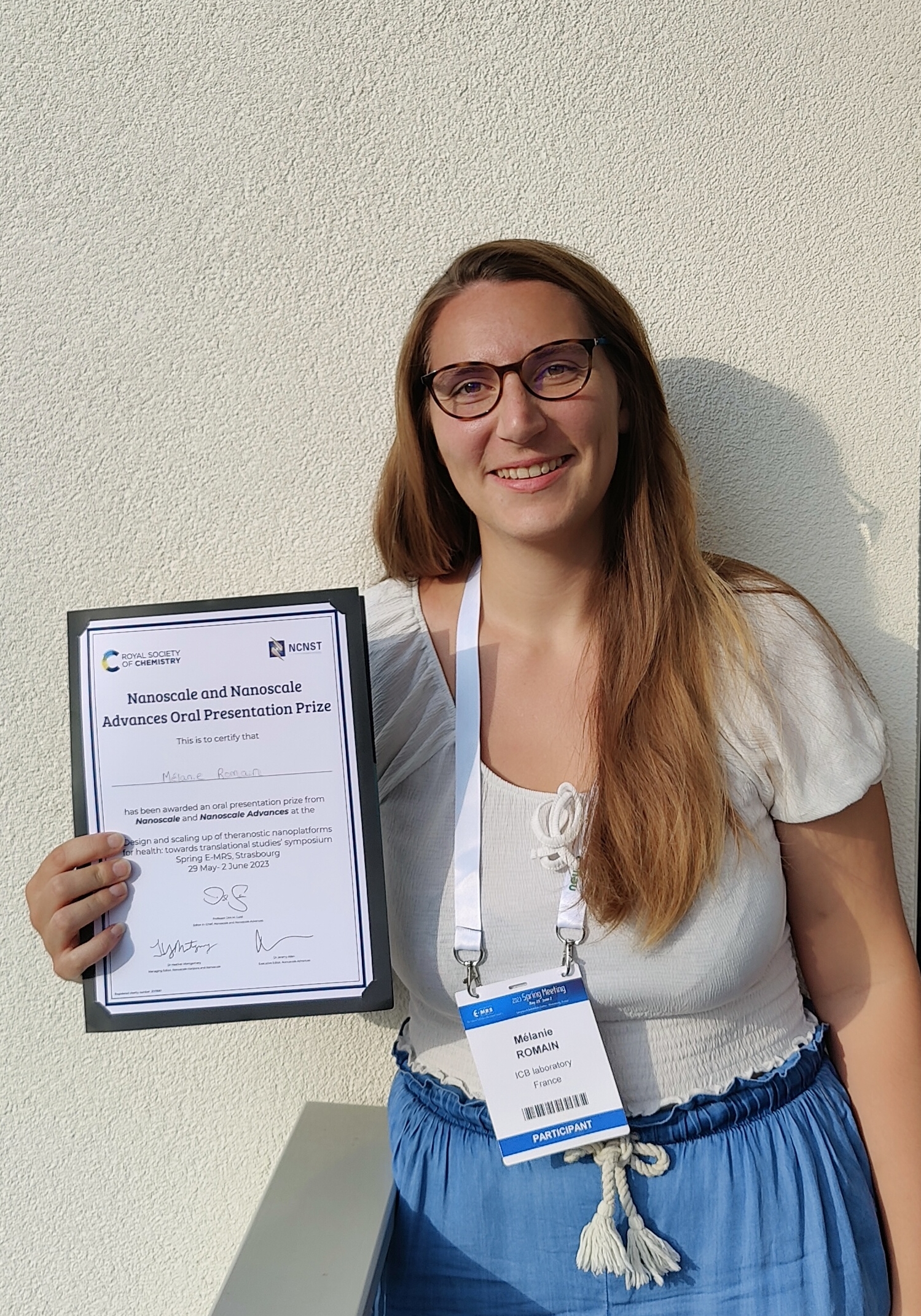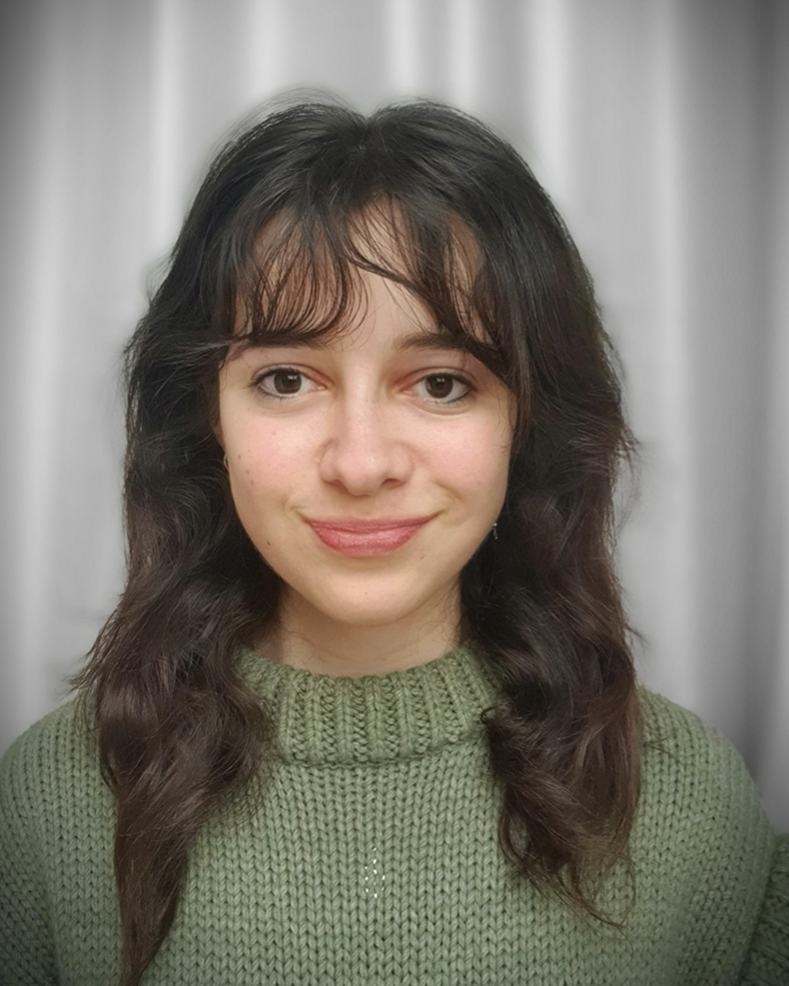New collection in Nanoscale Advances
Over the years, Nanoscale Advances has published quality research across the breadth of nanoscience and our Japanese and South Korean authors and readers remain a core part of the journal community.
To showcase some of the great research being carried out in these countries we have selected some of the most popular articles from authors across Japan and South Korea. A small selection are highlighted in this blog post, but click the button below to read the full collection. All articles are gold open access so they are free to read.
Lipid-based colloidal nanoparticles for applications in targeted vaccine delivery
Muhammad Saad Khan, Sila Appak Baskoy, Celina Yang, Joohye Hong, Jayoung Chae, Heejin Ha, Sungjun Lee, Masayoshi Tanaka, Yonghyun Choi and Jonghoon Choi
Nanoscale Adv., 2023, 5, 1853-1869
Bottom-up synthesis of 2D layered high-entropy transition metal hydroxides
Fei Li, Shi-Kuan Sun, Yinjuan Chen, Takashi Naka, Takeshi Hashishin, Jun and Hiroya Abe
Nanoscale Adv., 2022, 4, 2468-2478
Quantum dot photolithography using a quantum dot photoresist composed of an organic-inorganic hybrid coating layer
Seungmin Myeong, Bumsoo Chon, Samir Kumar, Ho-Jin Son, Sang Ook Kang and Sungkyu Seo
Nanoscale Adv., 2022, 4, 1080-1087
Nanoscale Advances is pleased to have some prominent members of the nanoscience community acting as Associate Editors and as Advisory Board Members:
- Renzhi Ma (NIMS, Japan)
- Dong Ha Kim (Ewha Womans University)
- So-Jung Park (Ewha Womans University)
- Hyeon Suk Shin (Ulsan National Institute of Science and Technology)
The Royal Society of Chemistry has arranged Read and Publish agreements with many institutes around the world. As part of these agreements you may be entitled to publish your research gold open access at no cost or with a discount. Get in touch to find out more and find out if your institute is covered here.
Thank you for your support of the journal and we hope you will consider Nanoscale Advances for your next submission!












